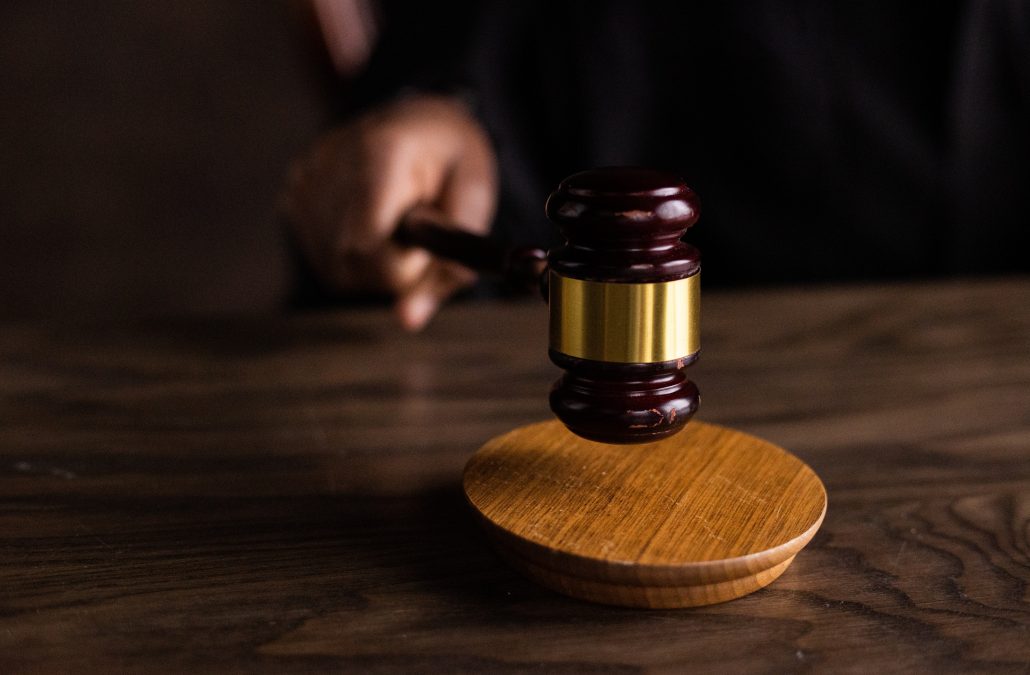What steps are necessary to prepare for a Deposition in a Family Law case? So you’re going to sit for a Deposition in front of opposing counsel and you are interested in knowing what to expect. Prior to your Deposition, you will want to meet with your Family Law Attorney. He or she will explain to you what the other side is going to attempt to prove during the Deposition.
In preparation, your attorney will go over what your case is about, theories associated with your case, the purpose of the Deposition, etc.
The scope of a Deposition is very broad. Under Rule 12.280, opposing counsel has the liberty to ask you anything related to the case that may lead to the discovery of admissible evidence as long as it’s not confidential, privileged, a trade secret or something similar. In other words, they cannot ask you anything that you and your attorney have discussed because that’s covered by attorney-client privilege. If you have shared details of your case with a clergy member or therapist, those conversations are typically protected as well.
Upon entering the Deposition, it is important to know in advance that it will be recorded. Your attorney will want you to be aware that a Court Reporter will be present, and a written Deposition transcript will be available at a later date. Or the Deposition may be videotaped.
For those of you who have not participated in a Deposition before, be sure to listen carefully to all of the questions asked by opposing counsel. Before they get started, you may be asked to confirm that you are not under the influence of alcohol or anything else that may impact your ability to answer questions honestly to the best of your ability. Since the Deposition is your sworn testimony, it is taken under oath. If you are untruthful, you may be subject to perjury.
Many times, I remind my Family Law Clients to pause before they answer a question. Doing so, allows your attorney an opportunity to interject an objection, if it is necessary and appropriate. But, if you just blurt out an answer, it’s already out the door, which removes the chance for an attorney to object. Communication with your attorney during a Deposition should only occur during a break. Whispering to your attorney during the Deposition may be recorded as part of the transcript.
When it comes time to provide answers, I encourage my Clients to refrain from speculation or guessing. Phrasing like “to the best of my recollection,” or “I believe…,” is permitted. These phrases are not definite answers, which will make it more difficult for opposing counsel to impeach you for dishonesty. If there is a situation where you need a document to confirm an answer, you are not provided the document unless opposing counsel presents the document related to the question that is being asked.
While opposing counsel is allowed to bring documentation to support testimony and evidence, Clients should not bring their own notes into a Deposition, as opposing counsel will then ask to see the notes. Testimony is to be given through personal recollection, rather than written documentation.
Something important to note is that once your answers are recorded, you cannot change your testimony when you go to Trial or the subsequent Hearing without a good explanation.
Consequently, if your answer(s) are changed at a later Hearing or Trial, then the opposing counsel will attempt to impeach you and that means to show you were being untruthful in front of the Court. To avoid inconsistency, your attorney should get a transcript of the Deposition prior to the Hearing or Trial. At that point, you should have an opportunity to review it, so you know exactly what you said. By reviewing the transcript, you can make sure that no errors are recorded in terms of spelling or grammar.
Don’t be afraid to turn to your attorney for support. He or she can help you relax throughout the Deposition process and make sure you understand what is going on every step of the way. Should you experience any stress or anxiety related to your Deposition or case, a qualified attorney will be by your side through the process.
It is our Mission: “To Honor God and Faithfully Represent our Clients with Great Leadership, Attitude, Excellence and Teamwork.”
To speak with one of our experienced Family Law Attorneys regarding the Deposition process, call our office at 407-872-3161.
Image via Pexels.

